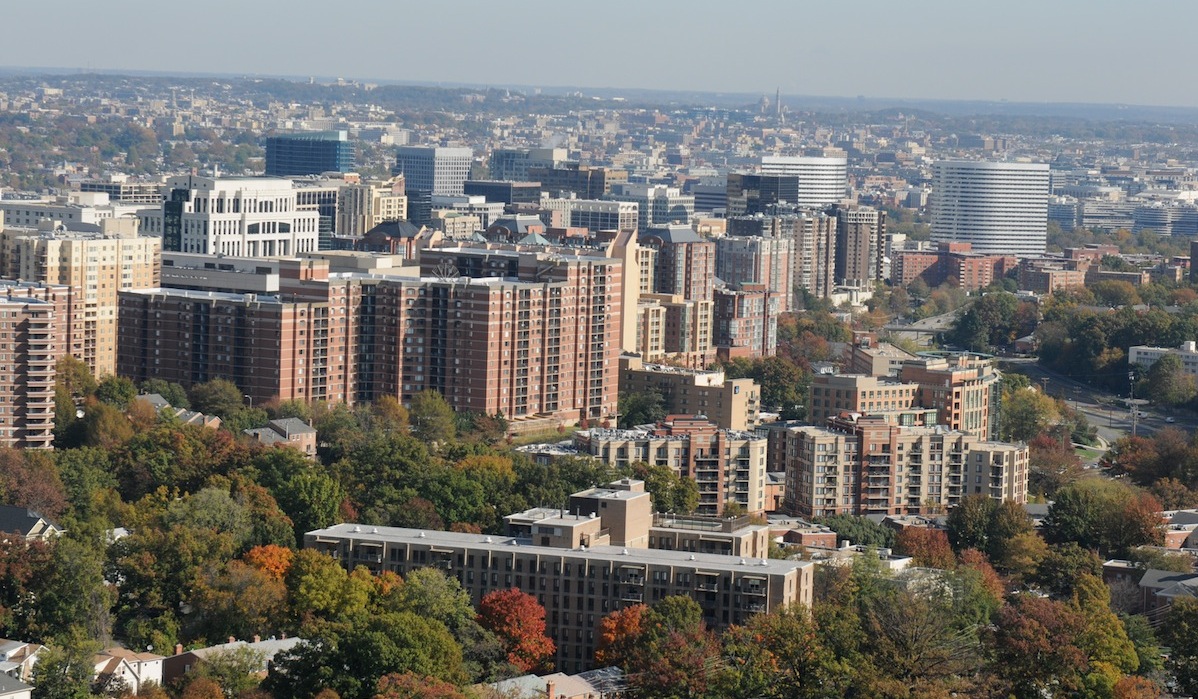Virginia has edged out Florida as the state with the most stringent hurricane building codes, according to the Institute for Business and Home Safety’s “2015 Rating the States” report.
Florida, which overhauled its building codes after Hurricane Andrew in 1992, slipped to the second spot. Most states with strong building code systems in place at the time of IBHS’s first report in 2012 remain committed to building safety, the organization says.
Most of these states have updated their codes to the latest model code editions, or are in the process of doing so, and maintained effective enforcement systems.
Some states, however, took no action to improve their codes, and a few have weaker systems in place now than in 2012, IBHS says. The study assesses the progress of 18 hurricane-prone coastal states along the Gulf of Mexico and the Atlantic Coast.
Another study done by IBHS, the University of Florida and the FEMA Mitigation Assessment Team following Hurricane Charley, which struck Florida in 2004, found that modern building codes reduced the cost of insurance losses by 42% and the number of insured losses by 60%.
Related Stories
| Mar 30, 2012
Chicago may allow people to live in retail spaces
The Chicago City Council’s Zoning Committee approved a zoning change that will allow up to 50% of work space in low-intensity business districts to be used for living space.
| Mar 30, 2012
LEED growing fast in the housing rental market
Last year, developers of 23,000 U.S. multifamily housing units applied for LEED certification.
| Mar 30, 2012
Forest Stewardship Council critical of proposed LEED 2012 changes
According to the Forest Stewardship Council (FSC), the third draft of LEED 2012, if approved as written, would represent a step backward from the current Certified Wood Credit.
| Mar 22, 2012
Symposium on water efficiency: How much more water can be saved?
The Third International Emerging Technology Symposium by IAPMO and the World Plumbing Council features a session on water efficiency.
| Mar 22, 2012
Broker doesn’t have to inform contractor that insurer went broke, California court rules
A California appellate court ruled that an insurance broker did not have a duty to inform a subcontractor that a project’s insurer had gone bankrupt.
| Mar 22, 2012
Public agencies shouldn’t negotiate project labor agreements, says AGC official
When a public agency rather than the contractor negotiates a PLA with unions, it interferes with the right of employers and workers to reach their own agreements on working conditions and benefits, says Steve Isenhart, president of the Associated General Contractors of Washington.
| Mar 22, 2012
Proposed rule would let crane operators get licenses without prior city experience
The Bloomberg administration is considering letting operators of giant tower cranes get their license without requiring that they first run cranes as apprentices in the city for three years.
| Mar 22, 2012
Bill would reintroduce “opt-out” provision in lead paint law
The Lead Exposure Reduction Amendments Act of 2012 (S2148) would restore the "Opt-Out" provision removed from the Environmental Protection Agency's Lead Renovate, Repair and Painting (LRRP) rule in April 2010.















